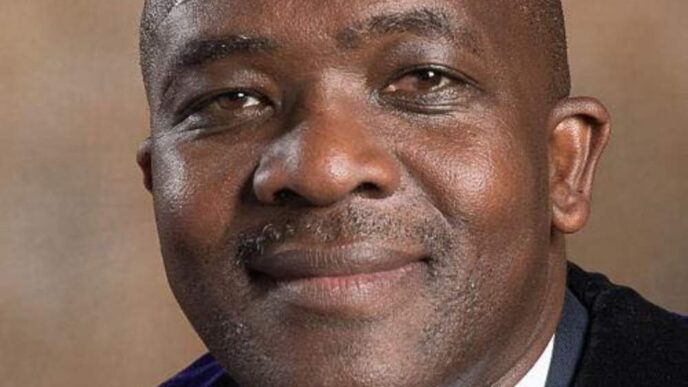South Africa’s Justice Minister Kubayi has reignited controversy by advocating for the public disclosure of the National Register for Sex Offenders , a confidential database containing over 30,000 names of registered sex offenders. The proposed amendment to current confidentiality laws aims to empower citizens with information to protect children and vulnerable individuals, but critics argue it risks escalating stigma, vigilantism, and constitutional breaches.
Kubayi’s push aligns with global precedents like the UK’s “Sarah’s Law,” which allows parents to request information about registered sex offenders in their communities. However, South Africa’s context introduces unique complexities. The register, established under the Criminal Procedure Act, currently restricts access to law enforcement and designated officials. Kubayi argues that transparency is essential for preventing repeat offenses, stating, “Parents deserve to know if a predator lives next door”.
Legal experts warn of potential clashes with constitutional rights. Privacy advocates caution that public disclosure could violate Section 17 of the South African Constitution, which guarantees the right to privacy, including personal information. “This isn’t just about safety—it’s about proportionality. Publishing names without context could criminalize individuals beyond their sentences,” said a Cape Town-based constitutional lawyer. The minister’s office has not yet addressed how the policy would balance public interest against individual rights.
Ethical dilemmas further complicate the debate. Social workers and rehabilitation specialists fear that public exposure could lead to ostracization, making it harder for offenders to reintegrate post-sentence—a dynamic linked to higher recidivism rates. “Vigilante justice is a real danger here,” warned a Pretoria-based criminologist. Historical cases, such as the backlash against pedophiles in townships, underscore the risks of mob violence and digital vigilantism in communities already strained by crime and mistrust in policing.
Public reaction remains divided. Advocacy groups like the South African Association of Personal Injury Lawyers (SAAPIL) have praised the initiative, citing the urgent need to curb child abuse and gender-based violence, which remain national crises. Conversely, civil liberties organizations argue that the policy lacks nuance, potentially exposing non-violent offenders or those wrongly accused to irreversible harm. “This could destroy lives without ensuring safety,” said a human rights activist.
The minister’s proposal also raises logistical questions. How will the government verify the accuracy of the register, and what safeguards will prevent misuse of the data? Past leaks of sensitive databases—such as the 2024 breach exposing HIV patient records—highlight vulnerabilities in state systems. Analysts stress that without robust cybersecurity measures and judicial oversight, public access could enable harassment, blackmail, or false accusations.
Parliamentary discussions are expected to intensify, with Kubayi facing pressure from both supporters and detractors. The ruling ANC’s youth wing has endorsed the plan as a “bold step toward community protection,” while opposition parties like the Democratic Alliance (DA) have criticized it as “a populist stunt that ignores legal realities”.
As the debate unfolds, the proposal tests the delicate balance between transparency and human rights in a country where crime and trauma shape daily life. Whether Kubayi’s vision materializes—or falters—will hinge on navigating these ethical, legal, and technical minefields without compromising the very safety it aims to enhance.













